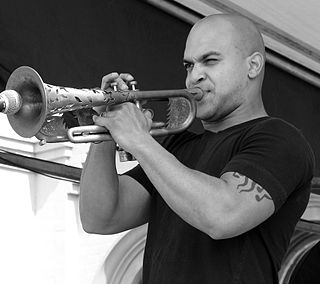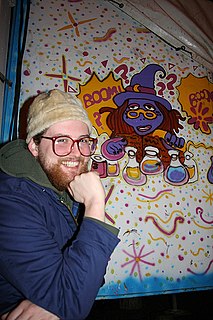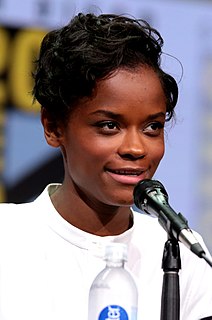A Quote by Michael J. Fox
I take the medication for myself so I can transact, not for anyone else. But I am aware that it is empowering for people to see what I do and, for the most part, people in the Parkinson's community are just really happy that Parkinson's is getting mentioned, and not in a pitying way.
Related Quotes
To be brutally honest, for much of that time, I was the only person in the world with Parkinson's. Of course, I mean that in the abstract. I had become acutely aware of people around me who appears to have the symptoms of Parkinson's disease, but as long as they didn't identify with me, I was in no rush to identify with them. My situation allowed, if not complete denial, at least a thick padding of insulation.
Almost instantly [after my announcement of Parkinson's], I saw the first couple of days the coverage was about, you know, "Fox's Parkinson's, blah, blah, blah." Then, two days after that, I saw the coverage turn. It started to become, "Can young people get Parkinson's?" All of a sudden, the conversation turned to become about that. And that was one of the first eye-opening things.
I think living in Baltimore and being a part of the community and trying to be part of as many communities as possible within the city, the best thing that anyone can do in Baltimore is just to be a part of it and contribute to it and to not see it as...A lot of people from outside the city see this city for its blight and I feel like people who live within the city do the opposite and see this city for what defines it as, in my mind, the most beautiful place to live.
I needed to take a break from acting, because I really idolized it. So I came off from it, and I went on a journey to discover my relationship with God, and I became a Christian. It really just gave me so much love and light within myself. I felt secure, like I didn't need validation from anyone else, or getting a part.
The first part of my life was to be an actor and maybe have some success at that. Then [it was time] to find somebody to be in a relationship with and have a life that way. Because of Parkinson's, I had to change: How can I be of service here? Is there something unique to my situation that I can use to help people? I did not have the wherewithal to invent that. It just happened in front of me and had me join in.



























